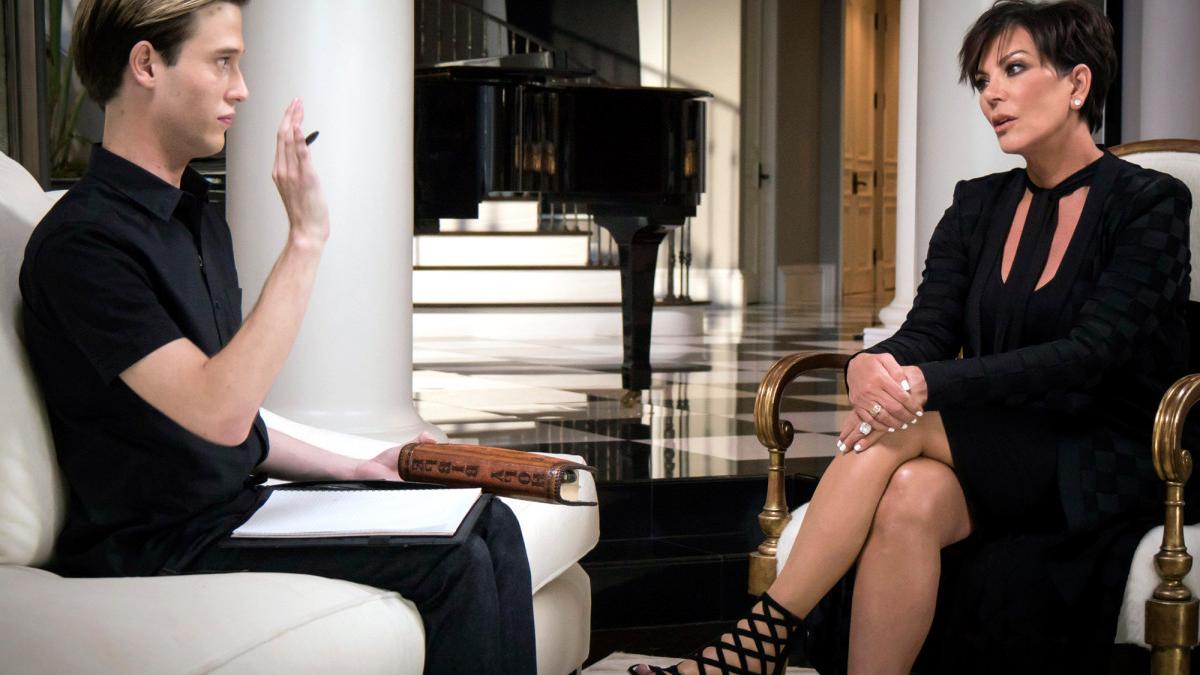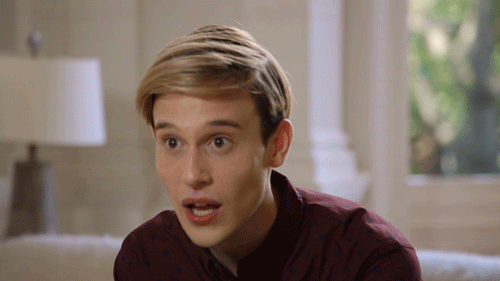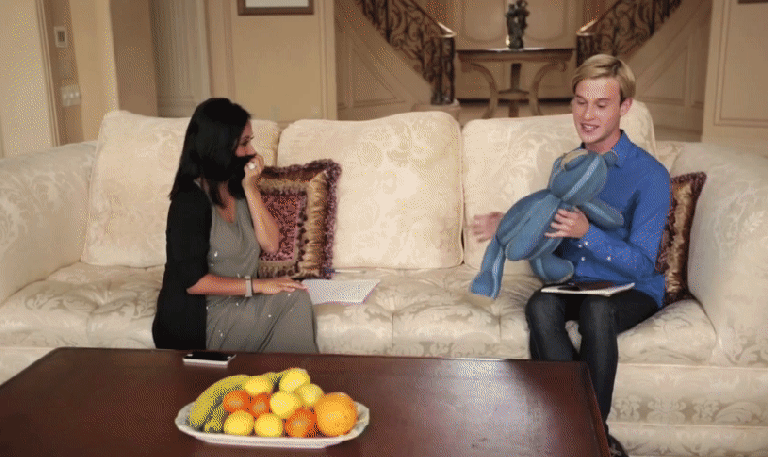
Zuckerberg probably didn’t give a whole heap of thought to the outcome of someone’s profile when they carked it during Facebook‘s fledgeling stages, and hey, that’s fair enough. Perhaps it’s social conditioning, or maybe it’s an evolutionary trait we’ve picked up along the way, but it’s pretty standard to avoid giving death the thought it arguably deserves. This might be why our collective approach to kicking the bucket in the digital age is a concept that’s arguably struggling to find its feet.
Through the education and awareness brought about by endless access to information, we’ve made some decent strides towards the acceptance of grief. It’s no longer a behind-closed-doors ritual – and while it mightn’t be your birthday, you’re more than welcome to cry if you want to. Hell, the idea of chucking a Miranda Hobbs and heading back to work just mere days after your mother’s death is fucking wild.
But as someone who’s gone through the motions of having pictures, birthdays, comments and messages of close friends who’ve passed away regurgitated over and over again on my feed – as well as having been privy to others falling into depressive cycles prompted by such constant reminders – I can’t help but call into question just how beneficial, or healthy, this ritual of online remembrance is for those grieving.
Having been exposed to the new-age reverence towards death in the digital age through his own losses, not to mention his inherent connection to all elements pertaining to death, I was fortunate enough to pick Hollywood medium/angelic human Tyler Henry’s brain on the matter.

As fans of his will know, Henry lost a close friend who was just 17. Naturally, he’s been through/continues to live the motions of his friend cropping up out of the blue online. “We were friends on Facebook, and after he passed away, his page was dedicated to his life,” he told PEDESTRIAN.TV. “Even still, years later after his death, it’ll still post things. When his birthday rolls around they’ll post photos and really honour him.”
Henry’s experience with death’s involvement in our online activities has been a positive one. He attributes this to approaching it with openness, saying, “It’s how we cope with it and how we deal with it that really dictates the grieving process.”
Circling back to the idea of death in the digital age, Henry was quick to point out that social media’s influence isn’t just isolated to grief.
Now that we’re in the technological age at this time, it’s really a period where people can share their feelings in every respect – ranging from life to death.
This openness that we’re gravitating towards has had an incredibly positive influence on our overall approach to mental heath – something that grief clearly falls under. How we now honour people after they’ve passed, however, is just the tip of this new ritual’s benefits.
It really raises the question of grief – grieving in a public sense, grieving in a private sense. If anything, it’s been beneficial for people – social media – in the grieving process because it allows you to feel understood and related to.
I find that’s something grieving people often struggle with – they need to feel like they’re grief is supported and understood. It’s been a positive to have that collective support. I think it’s a very helpful tool.
While traditionally likes, comments and shares have been equated to being shallow self-validation metrics, they’re evidently helpful in making someone going through the motions of grief feel like they’re, y’know, allowed to grieve.

Henry does caveat that this often necessary validation from social media can only be a singular part of a much larger process. Just as it’s the case in everyday existence, falling into a cycle of leaning on it too much can be a hindrance.
These days with social media and busy schedules, it’s very easy to get wrapped up in life – and actually distract ourselves and get overwhelmed.
I find in the process of giving readings, the best way to connect with a loved one is to really remove those distractions and be present. On an intuitive level, we all have the ability to connect with a loved one.

I think we should all be happy to concede we’re still sussing out exactly how we honour death in the digital age. It certainly has its place on the laundry list of things needing to be explored when it comes to social media, but as long as the impact of its role in the grieving process remains beneficial, then we’re all gravy.
But most importantly, it really does hammer home the need to keep posting those mighty-fine selfies. You never know when it’ll be used on a funeral pamphlet, let alone a memorial page on ol’ Facey.
Hollywood Medium with Tyler Henry streams Thursdays on hayu, same day as the U.S.







